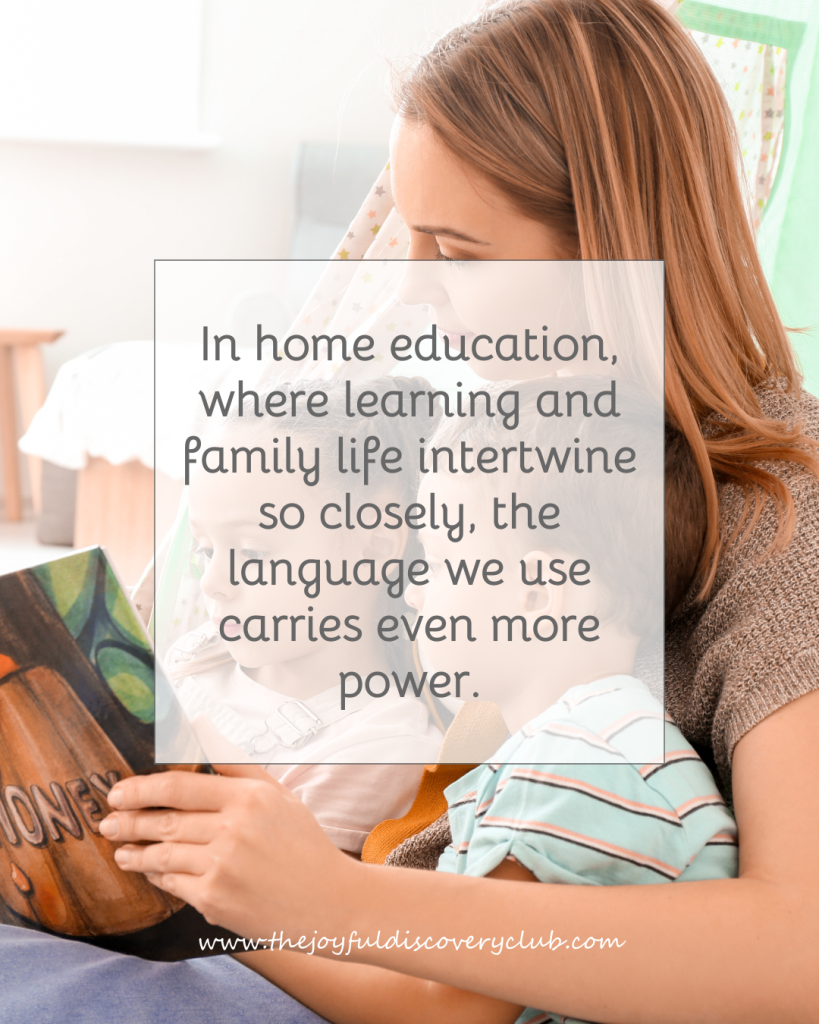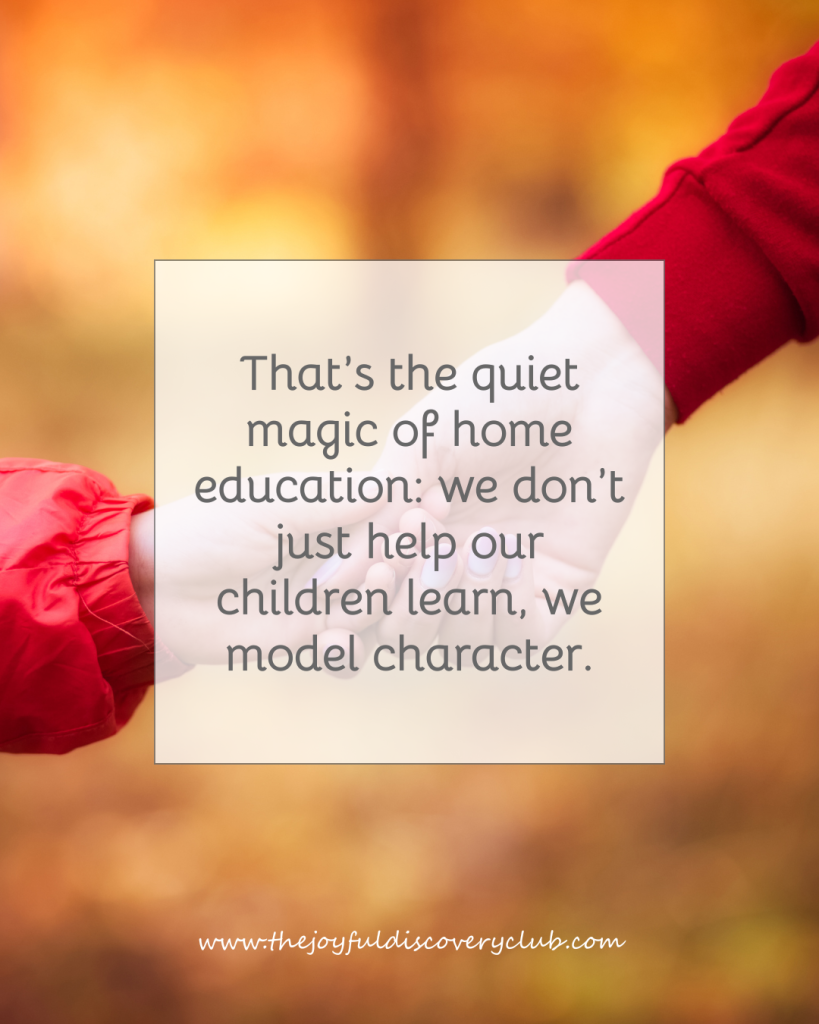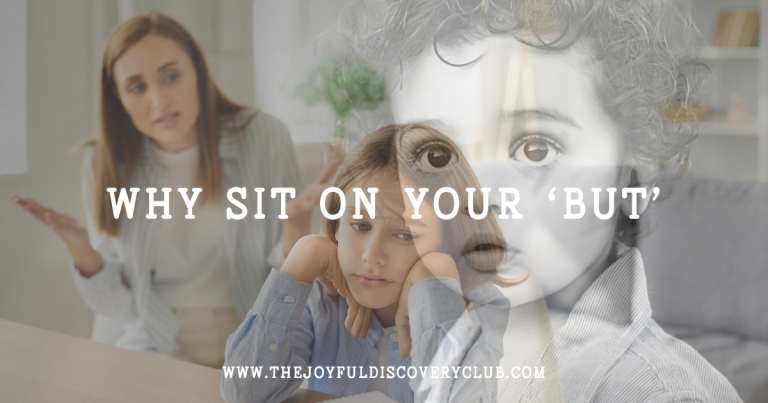Raising Confident Learners:
The Power of Positive Language in Home Education
There’s a moment every parent knows too well, the one where, despite our best intentions to raise confident learners, a small comment leaves our child’s shoulders sinking.
Words have weight. Especially ours.
In home education, where learning and family life intertwine so closely, the language we use carries even more power. It shapes how our children see their mistakes, their challenges, and themselves.

The Echo of Our Words
Children don’t just hear what we say, they internalise it. “You’re so clever” might feel uplifting in the moment, but “You worked hard on that” builds something deeper: the belief that effort leads to growth.
It tells them their progress is in their hands.
Likewise, a small tweak can make a world of difference when raising confident learners.
- “You didn’t get it yet” instead of “You got it wrong.”
- “What did you notice?” instead of “That’s not right.”
- “Let’s figure it out together” instead of “You should know this by now.”
“That is a lovely picture you have painted, but now you need to tidy up”. Instead of “but” try “and”. This is what I call Sitting on your ‘But’.

Confidence Grows in Safety
At home, we have the gift of time and tone. There’s no rush to move on to the next thing or to compare our journey with anyone else’s.
When we replace criticism with curiosity, we nurture confident learners, the kind who take risks, ask questions, and see mistakes as part of their story.
It means showing genuine interest, not judgement, when a child does something unexpected.
For example:
- Instead of “That’s not how you do it,” try “That’s interesting, what made you try it that way?”
- Instead of “You’ve spelt that wrong,” try “Let’s look at that word together, what do you notice?”
Moments like these teach that learning isn’t about perfection. It’s about noticing, experimenting, and trying again. When confident learners see us respond with curiosity to what they are doing, they learn to stay open and unafraid. That’s how confidence takes root.
If we want to raise confident learners, we first need to create confident spaces, places where frustration meets calm, where small wins are celebrated, and where progress is allowed to look messy before it looks neat.
For the Parent, Too
It’s not just about how we speak to our children, it’s how we speak to ourselves. Our inner voice that whispers, I should be doing more or I’m not patient enough.
Our children notice.
When they hear us say out loud, “I found that tricky, but I’m learning” they see our growth too.
The Gentle Effect
Language is a living thing. When we start choosing words that build rather than break, we begin to hear them echo back in how our children talk to themselves, to siblings, even to us.
That’s the quiet magic of home education: we don’t just help our children learn, we model character.
Small word. Big shift.
In those everyday moments, confidence takes root, not from constant rewards and praise, but from language that reminds our children they are capable, resilient, and still growing.


